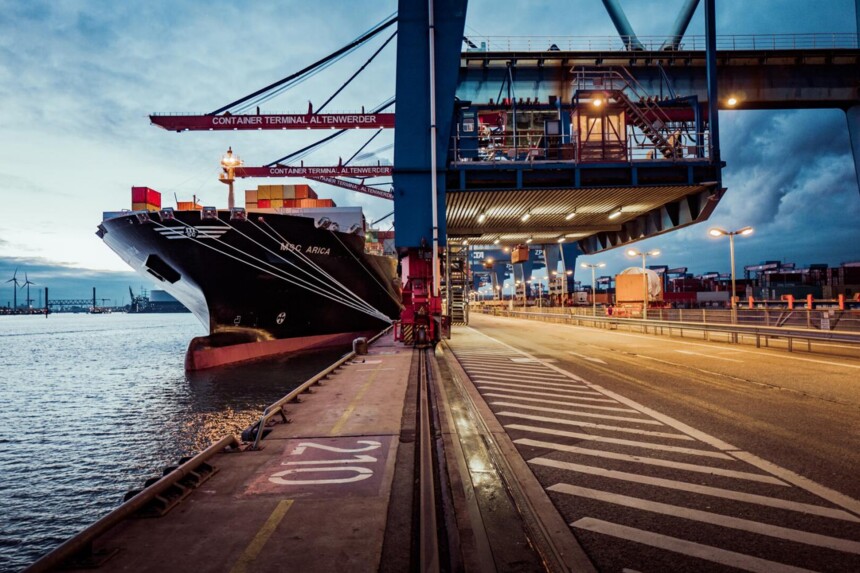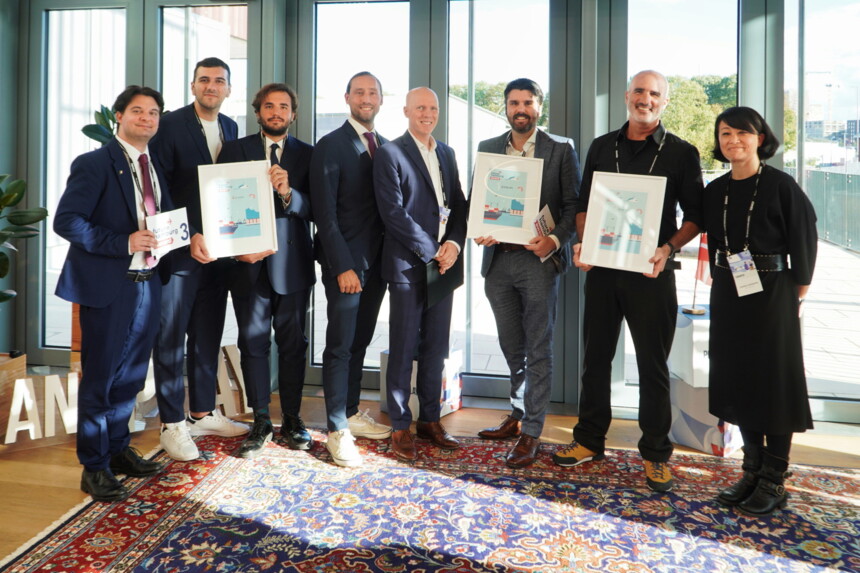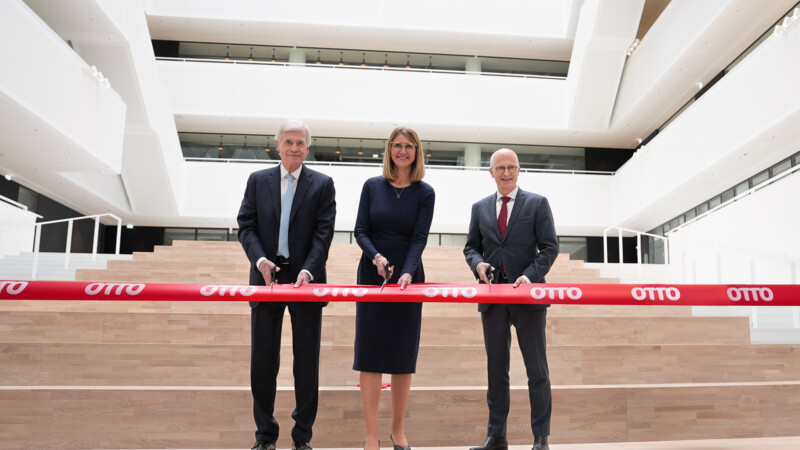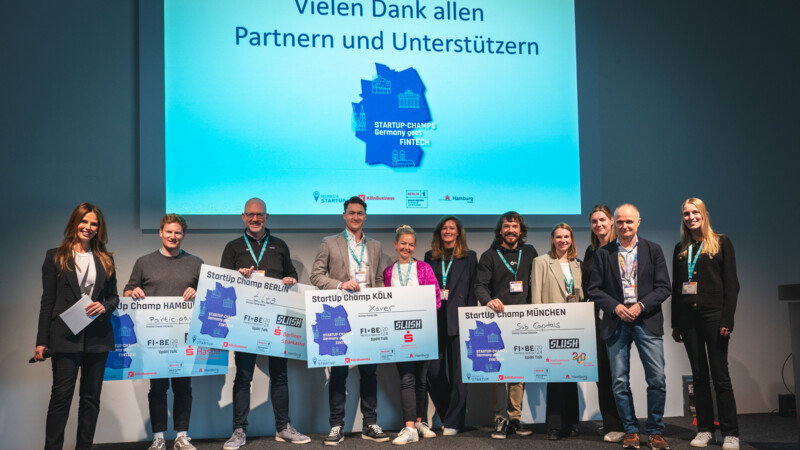Future Hamburg - innovations in Hamburg and the Hamburg Metropolitan Region is an initiative that provides information on pioneering, innovative projects in the City of Hamburg and beyond. Exciting technologies and topical issues will inspire you, and perhaps you will find projects, people or places here that can help you and your business move forward.
Topics of the future
Hamburg is one of the most liveable cities in Europe and a magnet for companies, investors, startups and talent, making it the perfect place to put ideas into practice.
Cities play a crucial role in tackling some of the biggest challenges of our time. Here in Hamburg, we like to address questions of the future with a view to making our approaches a model for other large cities to follow.
Science, research and business are closely interlinked in Hamburg in order to secure Hamburg's future viability in the long term.
Our focal themes
Innovations need talent and startups
Why the future is at home here
In Hamburg, we love researching and experimenting, and thanks to this, we've come up with a number of indispensable inventions such as as the chip card, the adhesive plaster and the satnav. And we continue to build on this tradition. As the second largest city in the world's fourth largest economy and one of the world's top business locations, Hamburg is a driver of innovation and an urban test laboratory for forward-looking projects.
As a particularly green city and featuring Germany's largest seaport, Hamburg is a logistics hub and the economic heart of Northern Europe. In future, we will be linked to our Scandinavian neighbours even more closely thanks to the Fehmarnbelt link. We - that's 5.4 million inhabitants in the Hamburg Metropolitan Region.
The latest news on all innovation topics

New funding schemes for start-ups and SMEs in Hamburg
Future Hamburg Talks

New funding schemes for start-ups and SMEs in Hamburg
Who is behind Future Hamburg?
Future Hamburg was launched by Hamburg Marketing GmbH and its wholly-owned subsidiary, Hamburg Invest.
The aim is to create new connections through targeted, cross-border communication and to highlight the Hamburg Metropolitan Region's attractiveness in Germany and abroad, thereby adding value and quality of life in the City of Hamburg and beyond.
Get in touch
If you would like to find out more about innovative projects in Hamburg, get to know our local network or apply for the Future Hamburg Award, please don't hesitate to get in touch with us - we'd love to hear from you!











